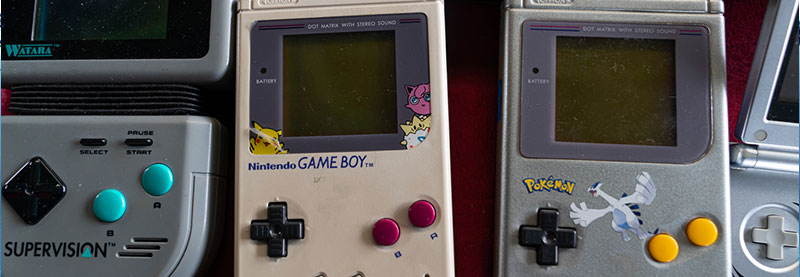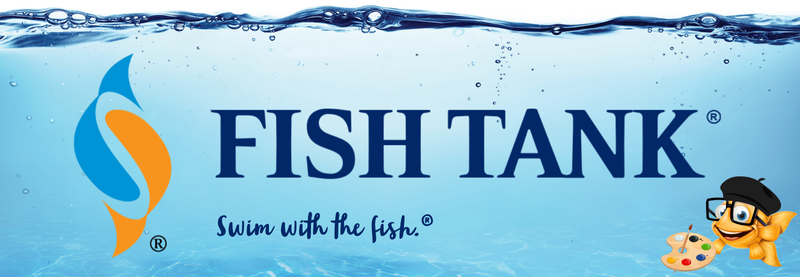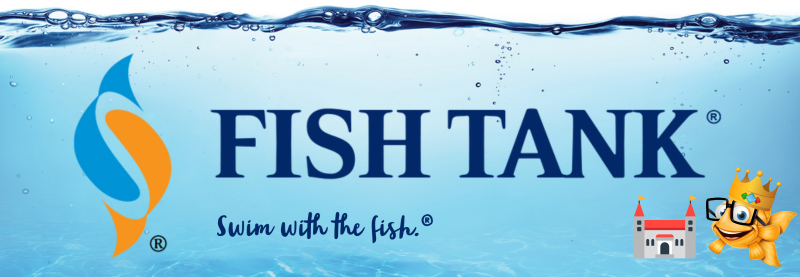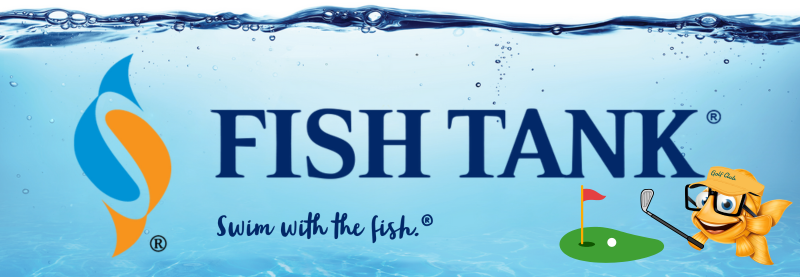Intellectual Property Insights from Fishman Stewart PLLC
Newsletter – Volume 24, Issue 23
Share on Social
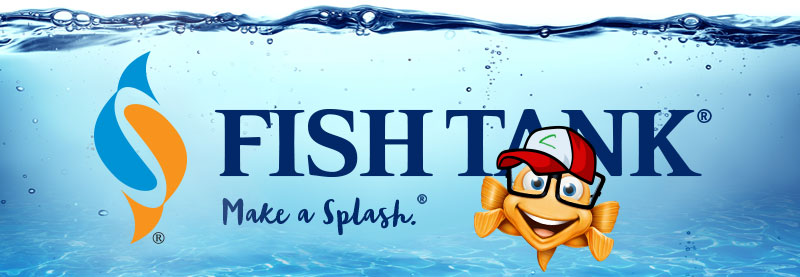
Pokémon v. Palworld:
Can Pokémon and Pals coexist?
By Gregory Bussell
As fans eagerly await the release of the hit video game Palworld on household consoles, those in Japan may face additional delays due to a recent lawsuit filed by Nintendo against Pocketpair, alleging infringement of a Japanese video game patent.
Palworld is a multiplayer open-world survival game developed by Pocketpair, a Japanese indie studio. The game has garnered attention for its unique combination of creature-collection mechanics—reminiscent of Nintendo’s Pokémon series—with elements of action, crafting, and survival. Players can explore a vast world, capture and befriend creatures known as “Pals,” build bases, farm, and engage in combat using both their Pals and conventional firearms.
Despite these distinctive features, Palworld has drawn comparisons to Pokémon, particularly for its creature-catching mechanics. This similarity is a key reason why the game has attracted legal scrutiny from Nintendo.
This is not the first time Nintendo or The Pokémon Company has taken legal action over intellectual property. In a similar case, The Pokémon Company successfully filed and won a lawsuit in China against entities related to the Palworld game, claiming copyright infringement and violation of the Unfair Competition Prevention Law, with a settlement of approximately $15 million.
Now, Japanese fans of Palworld may experience delays in accessing the game on household consoles following Nintendo’s most recent legal filings, as announced on the company’s website last Thursday.
Nintendo and The Pokémon Company claim that Pocketpair has infringed upon a Japanese patent, speculated to be related to Patent JP7398425B2, titled “Game program, game system, game device, and game processing method,” filed on December 22, 2021. This patent is believed to cover the mechanics of aiming in a virtual space and capturing a field character when an item is released—likely analogous to the act of throwing a Pokéball to capture a Pokémon.
Although some of these mechanics may be present in Palworld, the patent claims will likely face challenges in litigation, either on the grounds of invalidity based on prior Pokémon-related games or as a question of eligible subject matter. The outcome of this lawsuit will set a precedent for how video game patents are interpreted and enforced moving forward.
For now, Japanese fans of Palworld will have to wait and see whether the claims hold up and encompass Palworld or if they will be invalidated, potentially allowing for the game’s release without further legal barriers.
Greg is an Associate with Fishman Stewart PLLC. Intellectual property law became Gregory’s focus due to its unique blend of creativity, innovation, and legal intricacies. Protecting the rights of creators, inventors, and businesses allows him to be at the forefront of promoting progress and innovation in various industries.
Related Content from Fishman Stewart
People have long pondered whether or not the Giza pyramids were indeed solely burial chambers, which was the only known, and archaeologically determined, use—until now.
As the story goes, Klein was so taken with the indescribable blue of the sky over the Mediterranean in Nice, France, that he dedicated his artistic talent developing a blue that would imbue the canvas with this color in its purest form.
Despite her pseudo-legal background in Suits, Meghan has been running into one issue after another in her efforts to register the trademark and logo for her new lifestyle company, for now, called “AS EVER”.
By 1930, efforts began in New York to replace Mother's Day with Parent's Day because men were more than just breadwinners. Those efforts didn't catch on, probably because in that era, women often spent more time in the home.
In February, Nike and Skims announced that they will be working together on a new brand, NikeSkims. The co-brand will create a new line of training apparel, footwear, and accessories specifically designed to meet the unique needs of women athletes.
Generally, federal courts have exclusive jurisdiction over copyright cases, and often, this presents an insurmountable paywall for individual artists and small businesses to vindicate their rights, especially where the value of the individual copyrighted works are relatively low.
Dedicated to raising public awareness about the importance of encouraging innovation and creativity throughout the world, the World Intellectual Property Organization (WIPO) annually observes World Intellectual Property Day on April 26 to showcase the role that patents, trademarks, industrial designs, copyrights and trade secrets play in our everyday lives.
Hold onto your foam fingers, sports fans – college sports just got a whole lot more interesting! The latest updates to Name, Image, and Likeness (NIL) rules are making student-athletes bigger than ever, and it’s not just about the game anymore.
Did a federal court in Louisiana recently decide that US copyrights are global rights? It seems so.
L.A.B. Golf aims to protect its innovations, and therefore its market position, owning three patents for its zero-torque design. The question now is whether L.A.B. Golf can withstand the wave of copycat designs.
IDENTIFYING, SECURING AND ADVANCING CREATIVITY®


